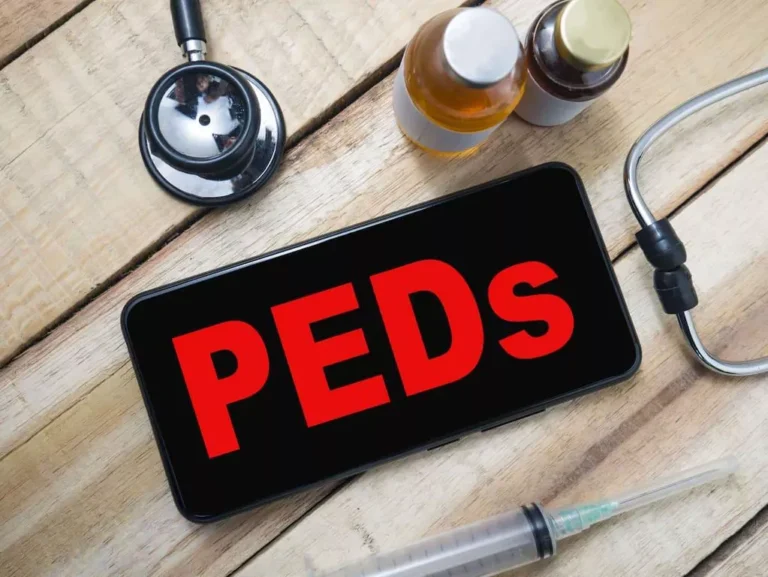
Taken together, the epidemiological and clinical literature describing the relationship between anxiety and AUDs shows that this comorbidity is both prevalent and clinically relevant. The following sections will review fundamental concepts related to how these disorders co-occur and describe approaches to diagnosing and treating comorbid anxiety and AUDs. One potential explanation for these findings is that the reasons for using alcohol may differ by gender. For example, women may be more prone than men to self-medicate for mood problems with substances such as alcohol (Brady and Randall 1999). Furthermore, empirical inspection of gender differences in stress-related drinking has shown that women report higher levels of stress and have a stronger link between stress and drinking (Rice and Van Arsdale 2010; Timko et al. 2005). Together, these results suggest that women may be more likely to rely on alcohol to manage anxiety.
- Some studies on mice show that alcohol-related anxiety can last anywhere from 4 to 14 hours.
- They usually start when people are in their twenties but can also happen to teenagers.
- Alcohol use can cause new onset anxiety and worsen pre-existing anxiety symptoms.
- The more you drink the greater your tolerance for alcohol – meaning you need to drink more alcohol to get the same feeling.
‘White Lotus’ Characters Pop Lorazepam Pills, Highlighting Risks of the Drug
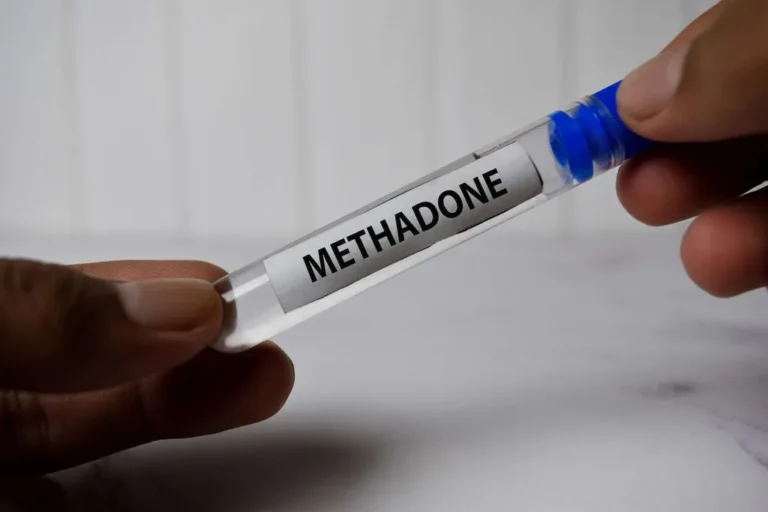
Alcohol disrupts sleep patterns, leading to insomnia or fragmented sleep, which can worsen anxiety. Stressful life events, such as job loss, relationship problems, or financial difficulties, may also increase the likelihood of turning to alcohol as a coping mechanism, further raising the risk of anxiety. Talk to your doctor about alcohol consumption before taking any of these medications, as side effects can be harmful or fatal. Speaking with friends and family can help them prepare to support you when a panic attack strikes. It is also important that your seek support from your GP, who will talk you through available treatment options. Excessive consumption of alcohol causes dehydration, which can make you feel dizzy and increase your heart rate.
Learn about the conditions we treat
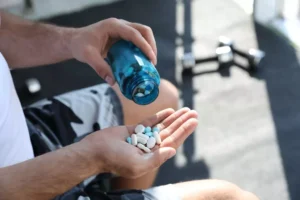
“Blacking out,” or experiencing mild to complete memory loss after drug addiction heavy drinking, can also occur. It’s not uncommon or unexpected to feel regret when this happens—you may feel regretful about what you said or did to others, or nervous that they will judge you for your behavior. These feelings can naturally increase overall feelings of anxiety in daily life. Additionally, alcohol affects neurotransmitter levels in the brain—the chemical messengers responsible for how we think, feel, and behave.
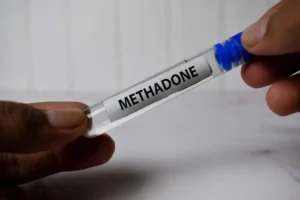
Alcohol and Anxiety
- Specifically, whereas socially phobic men benefitted equally well from either cognitive–behavioral therapy (CBT) or 12-step facilitation (TSF), women with social phobia fared less well if they were assigned to TSF.
- This type of self-medication can lead to alcohol dependency and may result in regular, alcohol-induced panic attacks.
- Drinking can also cause hangovers, which usually consist of symptoms like nausea, dizziness and headaches.
- Neuroscientific research implicates overlapping neurobiological systems and psychological processes in promoting the rise of negative affect and alcohol misuse.
In one study, researchers administered paroxetine or placebo in a double-blind fashion to participants who had AUD and social anxiety disorder.25 They found that although the medication was clinically effective in reducing social anxiety symptoms, alcohol use severity was unchanged. This is good news, because most people with anxiety disorders do not report drinking to cope with their symptoms, but it also raises questions. For example, why do some people with anxiety problems drink to cope and others do not?
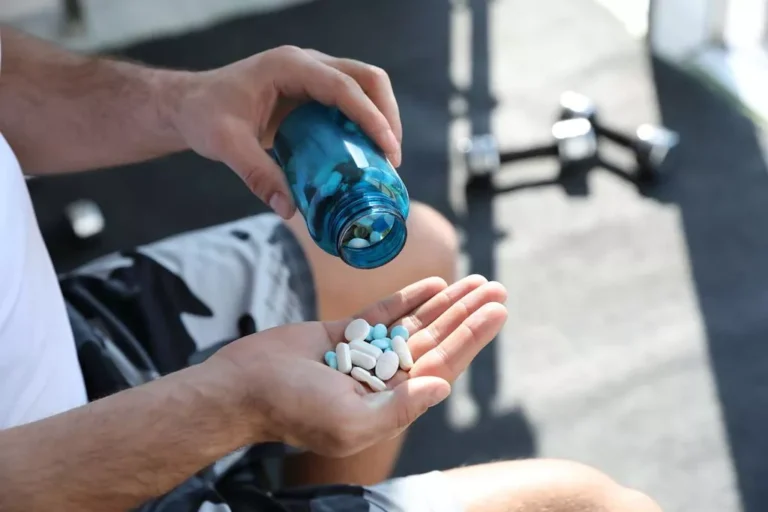
To understand exactly why this happens, chemically, it’s important to understand the role of GABA—a neurotransmitter—in the brain and body. “Hangxiety” describes the regret, worry, and levels of anxiety felt after a night of heavy drinking. While alcohol and anxiety the term may be informal, the science isn’t—there’s plenty of data to explain this experience. If you’re drinking more than the UK low risk drinking guidelines (no more than 14 units a week for both men and women) try to cut down.
In other words, alcohol is not all bad – but it does have the potential to damage your psychological and/or physical health. Alcohol use can cause new onset anxiety and worsen pre-existing anxiety symptoms. Many individuals will use alcohol as an unhealthy coping tool to reduce symptoms of anxiety. When viewed through the lens of the nervous system, anxiety symptoms are a survival response, one that makes sense in the context of the human body and a person’s current and past experiences. Alcohol impacts your intestines’ ability to absorb certain nutrients, leading to shortfalls in zinc, selenium, potassium, iron, and magnesium.